Last Updated on January 26, 2024
What is the meaning of success? And how far would you go to be successful? These are just some of the many questions I’m left with after watching Dan Gilroy’s directorial debut film- Nightcrawler. A film that packs many questions and shockingly few answers as intended by the filmmakers behind it. It’s a movie firmly planted in “literally me” culture with a main character who is equally interesting and terrifying- yet strangely observable at the same time.
For a riveting viewing experience that will entertain you (and leave you heavily reflecting on your morals)- Nightcrawler may be what you’re looking for as we follow Lou Bloom, a shady L.A. loner who gets by on low-level schemes and odd jobs. But when he discovers the dark and dangerous world of freelance crime scene photography- Lou becomes obsessed with rising to the top of the food chain as a professional stringer. Along the way, we’re taken for a ride complete with breakneck speed, back ally deals, blackmail, betrayal, manipulation (mentally and physically), and even murder while we watch the unlikely success of a truly despicable person.
But what can we learn from this movie and the brilliant first-time filmmaker behind it? What does the character of Lou Bloom say about the news industry, and what does that say about us for watching it? These are all questions I hope to unpack in today’s episode, where we take a thrilling look back on Dan Gilroy’s film and try to determine, once and for all, what Nightcrawler is really about.
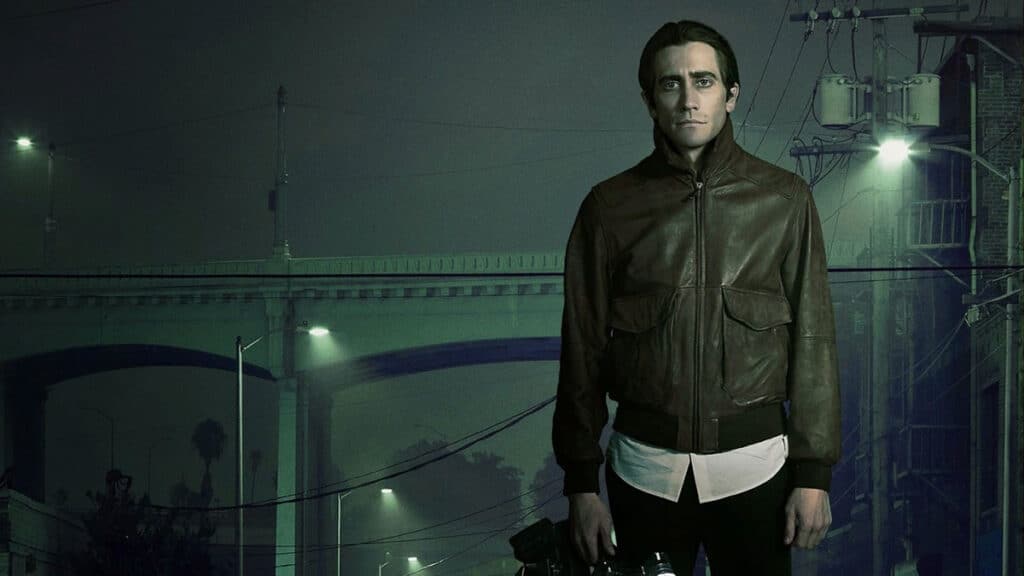
So, where do we start? How about the same place that Gilroy started? L.A crime-scene reporting. Specifically, the world of stringers- a freelance industry of videographers that film crimes and sell the footage to news networks. Gilroy was fascinated with photography in general and originally wanted his film to be centered around the medium. Still, once he learned about the world of news stringers, he found that to be a unique and deeply rich perspective from which to tell his story. In my opinion, he’s right- but inherent themes need to be acknowledged with the story being set around this kind of industry. Things like the questionable ethics of certain kinds of journalism and our constant need to consume it as an audience. Are we feeding the beast? Is it our fault? Did we do this? Well, it’s not for me, or even Gilroy, to say.
Dan Gilroy is an interesting storyteller. He delivered this movie with style and confidence, and I really admire that level of effort. But I love how Gilroy plays with the audience by using his main character as very unlikeable. Of course, this has been done before- but rarely in this way. The character of Lou is clearly a master manipulator and arguably just a flat-out sociopath. He’s creepy, his tone and vocal cadence are unsettling, and he doesn’t do anything other than feed a plant that proves he’s even human. But somehow, for some reason, we want to watch him. We want to see what he’s going to do. We don’t want him to lose if it means the rush will be over. Do you know what this sounds like to me? The news.
Lou’s many interactions with Nina and other news executives show that the business thrives on shock value. Basically, the more bloody and gnarly the news, the better the numbers for their news station. They don’t see these victims as people but rather as content for their show. Lou sees them as financial opportunities, as made clear many times throughout his journey. Above all, the very nature of their work has de-sensitized them to the reality of what they’re doing because we, as consumers, have given them the incentive to do so. Listen to this line that Nina says to Lou in their first interaction-
That scene shows us two things. One, it shows us that this is how Lou automatically sees the industry. He didn’t get into it innocently and became jaded over time. His first impression is “If it bleeds, it leads.” and this scene solidifies that idea. It also shows how Lou finds his competitive edge. He learns from what Nina tells him: the key to success is finding the worst-case scenario and exploiting it for all its worth. I think Gilroy wanted to parallel the dynamics of unethical journalism and viral consumption to his film, where we see an unethical man doing horrible things- but we all sat firmly in our seats lined up to watch it.
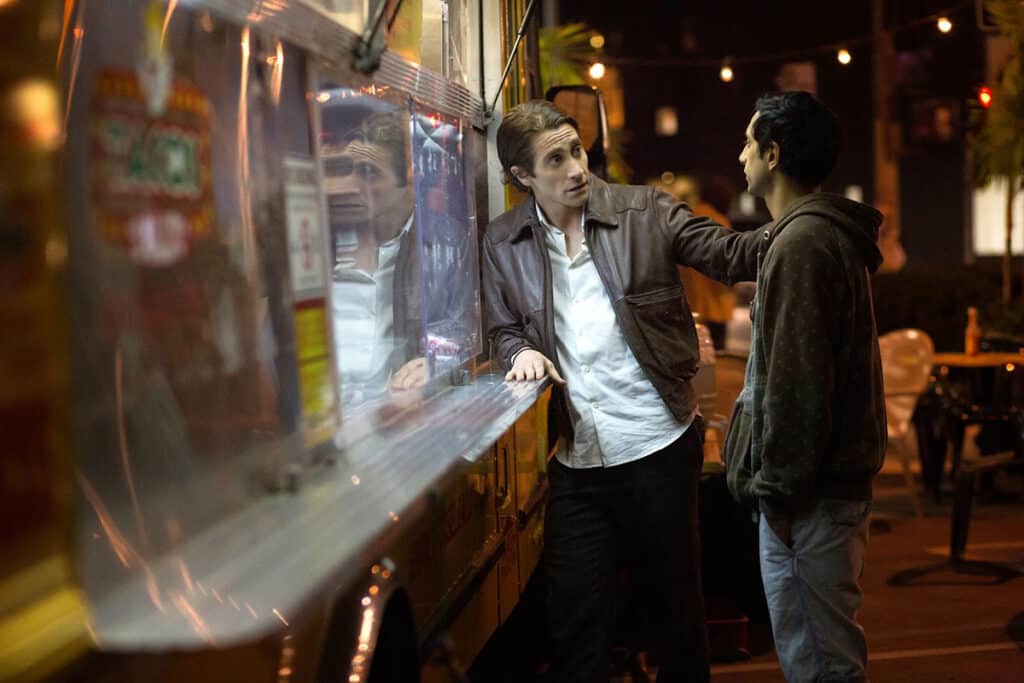
So, why do we like this? We see this guy blackmail Nina into some unexplained fetish thing. We see him tamper with dead bodies and crime scenes. We see him lie, cheat, steal, and even set up his own partner to be murdered to get good footage to sell. This guy should repulse us. Jake Gyllenhaal once spoke on the character and said he saw Lou as a coyote. Someone who sort of wanders around at night only eats when he needs to, and is focused completely on his one goal. The character almost seems like an alien impersonating a human in the way that Gyllenhaal gives the character a rapid and sharp speech pattern that pierces through each page of dialogue. The actor states that he did this as a means to get all of Gilroy’s writing into the scene so that none of it had to be cut for time. I hope that’s true because, honestly, what a compliment.
The character of Lou is also similar to that of many “literally me” characters that all seem to share some sort of skewed vision of right and wrong. Lou can smile while he’s filming gunshot wounds and dead bodies and can also give a menacing stare when you’ve pissed him off. He can change on a dime. He’s unpredictable.
So, why is Lou somehow not scaring us off?
Well, simply- we want to know if he’ll win. This movie is the perfect way to do a villain origin story because they don’t make Lou a hero in any sense of the word. He’s only a hero to himself. If the movie had been told from, say, Riz Ahmed’s character, Rick’s perspective, Lou would be all villain in our eyes. But the difference is that from the beginning, we know Lou is only out to do one thing- succeed at something. That’s it. He doesn’t even know what he wants to succeed in at first. He just wants to be a memorable guy with social status. We’re really watching a terrible person with vague but intense ambition who figures out his goal as he goes, and, in the end, – he gets it. Lou wins.
See, this differs from other unlikable success stories because in other films, for instance, The Wolf of Wall Street- Leo as Jordan Belfort was sort of an anti-protagonist. He was definitely loose on his morals and ethics, cold and manipulative to his customers, and immensely motivated. But Scorsese didn’t tell the story as a success story. It was more, the rise and fall of a real-life person. But Lou doesn’t have the fall. Just the rise. He doesn’t get his just dessert or learn from any of the many wrongdoings he’s racked up. Instead, he’s rewarded for his bad behavior by becoming the head of his own successful newsgroup, video production news- and obtains an entire catalog of freelance stringers who are ready to go as far as it takes to uphold the company’s ruthless standards.
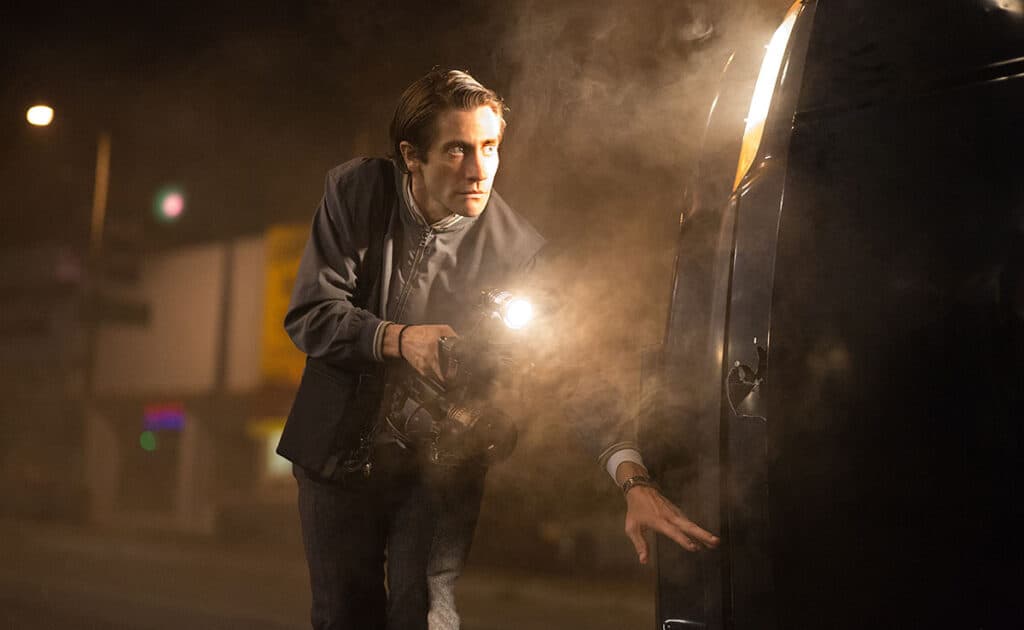
Think about the feeling you get when you watch movies like The Sandlot or The Matrix. We see our leading characters start at the bottom, learn their craft (like baseball or jujitsu), and then take on the antagonistic force and win the day by the end. And we feel that warm and cozy feeling because the leading characters we follow are generally likable and good. But with Lou, he’s none of those things- but he follows the traditional outline only. Gilroy replaced the likability with ruthless determination and the good nature with gross manipulative charm. Take, for example, this scene where Lou is literally dragging a dead body closer to the headlights of a flipped car to get a better shot. The behavior is horrifying, but the music and the framing are inspirational and triumphant. This makes for conflicting feelings about the kind of news we watch.
So, what’s the point of it all? Why care if a bad person gets everything they want, even if it means sacrificing innocent people for your desires? I don’t think we’re really supposed to know. Dan Gilroy seems to be happy raising questions rather than giving his own commentary. I find this to be immensely annoying when trying to figure out what he wants us to think about his movie, but I think that’s also kind of the point of it. Gilroy’s ambition was to create a movie that shows us the world and lets us decide if we’re morally conflicted enough to watch it unfold. He isn’t interested in judging Lou or the other stringers for their loose morals, but rather, he’s interested in what we might think of their behavior once we’ve seen behind the curtain.
So, at the end of the day, what I take away from Nightcrawler is that it’s a movie about success, the cost of getting success, and the vicious cycle of perpetuating success by our deep and dark desires to watch bad things happen. It’s not a movie that says I’m a bad person for consuming unethically sourced news. It’s not saying you’re a bad person for it. It’s not even saying Lou is a bad person for it. It’s simply saying that this is how it is- and you can do what you will with this information. And that is what Nightcrawler is really about.






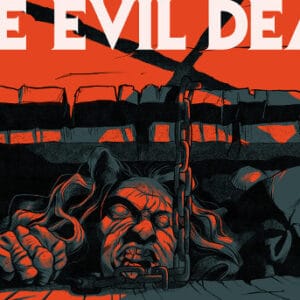

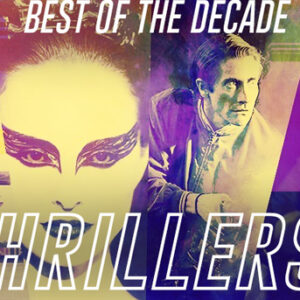
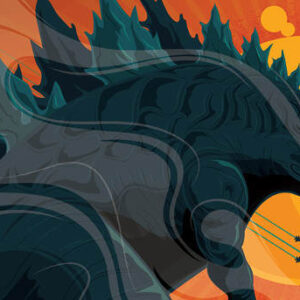





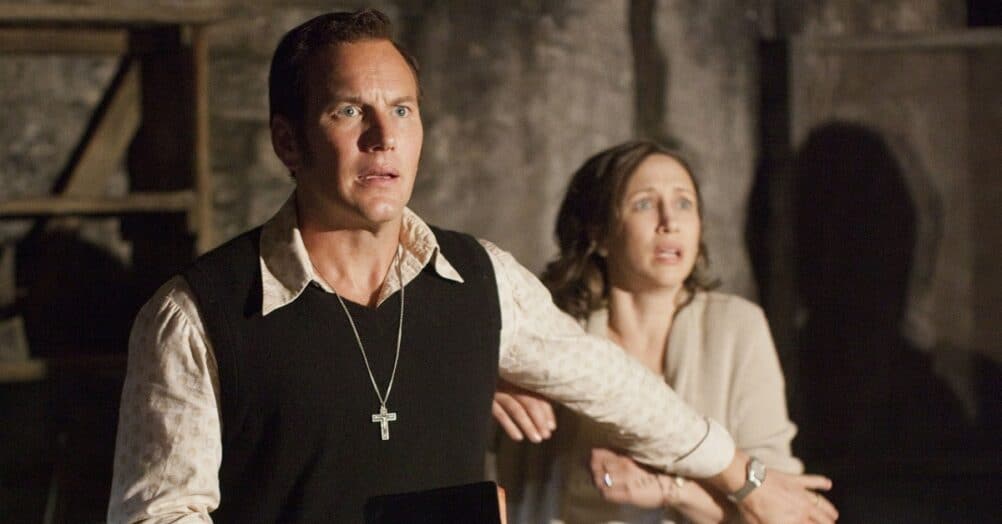




Follow the JOBLO MOVIE NETWORK
Follow us on YOUTUBE
Follow ARROW IN THE HEAD
Follow AITH on YOUTUBE